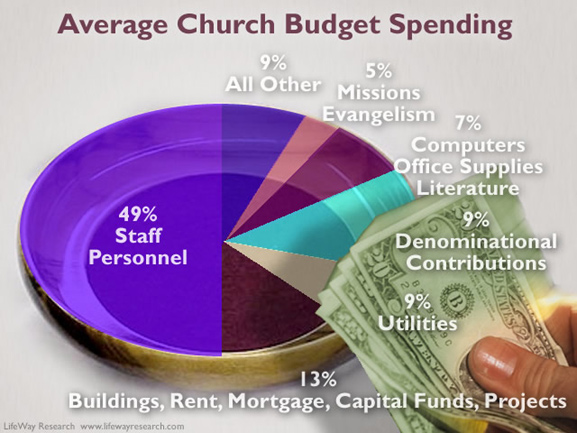Q: Directed to Robinson – If Peter is the source of Mark’s Gospel, why would Mark record that Peter did not believe if Luke recorded that Peter did believe?
A: That is part of the problem…
Q: Directed to Elliott and Bock – They discussed canonicity applying to what books should be in, but did not discuss the form of the book(s). What do you think of this, applying to whether or not the original ending was lost, but the current ending is part of the cannon.
A: Elliott – Willing to go with that. It is the book, and its contents, rather than its position in the corpus.
Bock – Similar; the ending of the book of Deut. is an example of this. But it might not apply to this particular (Mark) situation.
Elliott – The ending is important to the scribes, which is why they had issues with ending Mark.
Q: Directed to Bock (or the whole) – What is taught here is taught elsewhere, does Jesus command us to take up serpents as a sign of faith?
A: What he actually said was “most” of what is taught here is taught elsewhere. The most central things of the Christian faith are not in question.
The idea that I need a sign for the things that God has declared to me, can be of a little offensive to those who hold the Word to a high regard.
Q: Directed to Wallace (perhaps Black) – Do you believe that Matthean priority necessitates the longer ending in Mark?
A: Those who hold to Matthean priority often believe that Mark did go beyond 16:8. He has not seen anyone who holds to Markan priority who think that the long ending is original.
Q: Directed to Wallace – re: Eusebian quote – Use of optative in the quote.
A: No longer dealing with an optative, but a shift to his opinion.
Q: Directed to Elliott – If one were to posit in addition to Mark the individual, if Mark were to have died or for some reason abruptly ended his book at 16:8. Someone knew he intended to write more and included the ending as Mark intended. Would this in one stroke explain the opening verses, the long ending, and several minor agreements, all in one small inclusion.
A: Perhaps.
Q: Directed to Bock – Address DC Parkers views.
A: Claim: You have two kinds of resurrection stories. Empty Tomb and Appearance. Only the Appearance stories affirm a bodily resurrection. Bock’s reply: These stories are not operating in a theological or community vacuum. It is hard to believe that stories intended to deny the resurrection would be incorporated in a body of messages affirming a physical resurrection.
Q: [missed]
A: [ignored]
Q: Directed to Elliott – ha kurios, usage is later theology. Is it not true that this kind of theology is found in the early church and used by Paul?
A: Yes, but why are they so modest in the way they describe Jesus? Why are the gospel writers writing so later, writing modest? Is it because they are being faithful to their sources? Or is it because the Gospel writers are being deliberately anachronistic?
Bock – They are being sensitive to the reader, at the time.
Black – Linguistics could help us and redaction criticism could help us. He would not start with the internal evidence, but the external evidence. Then the internal evidence should form a corroborating understanding of the Gospels.
Robinson – Need to keep with Markan themes.
Q: Directed to Bock – 1) Do you believe that Peter was being Mark’s Gospel? 2) Do you find any parallels with with Acts and Mark.
A: Bock – 1) Yes. 2) No, he doesn’t think so – the audience is an issue there. In Acts you have speeches to people who need to whole answer. Whenever someone reads Mark they are faced with a choice.
Wallace – The longer ending does match Mark’s gospel and Mark’s themes, because whoever wrote it would have wanted to end Mark’s gospel and themes.
Q: Directed to Robinson – Could it not be argued that Mark does end with open-endedness? For example the naked boy running around (what happened to him?)
A: Agreed, but it might not be just open-endedness, but just stating something that happened. Everything else though is prediction or promise, which is different than a boy running away naked.

It was such a pleasure to meet you and spend some time with you this weekend. God’s richest blessings on you as you seek His desire for His body!
I hope to get the chance to fellowship with you again sometime in the future. I enjoyed it very much.
Blessings,
steve :)